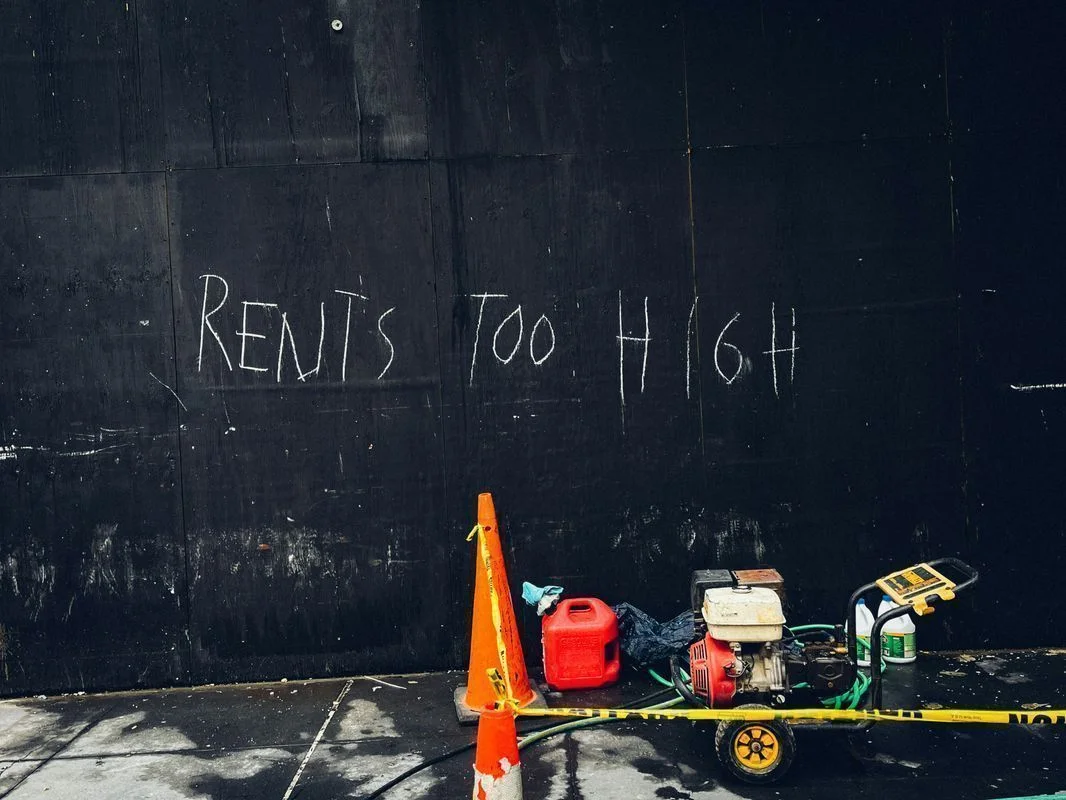
European Housing 2025: Rent Caps, New Tenant Rights & Digital Contracts — The Essential Expat Guide
Europe’s rental market is hitting a historic turning point. With soaring rents, massive post-COVID relocations, remote work shifting demand, and housing shortages in several countries, the EU and national governments have accelerated reforms. The result: 2025 is a decisive year for expats. New rent caps are spreading, tenant rights are expanding, governments are inspecting quality more aggressively, and a silent revolution is underway: the digitalisation of rental contracts. This long-form guide—written for expats navigating unfamiliar systems—explains what’s changing, how to prepare, and how to avoid the administrative traps of renting in a country you’re still learning to decode.
Read the article

